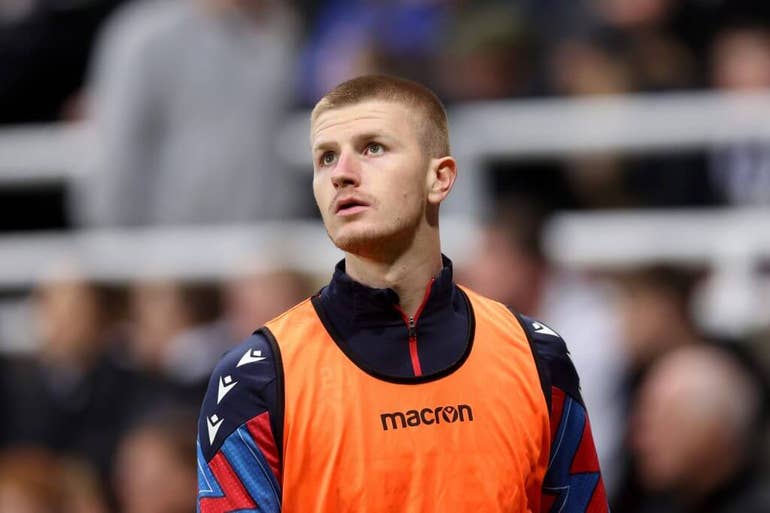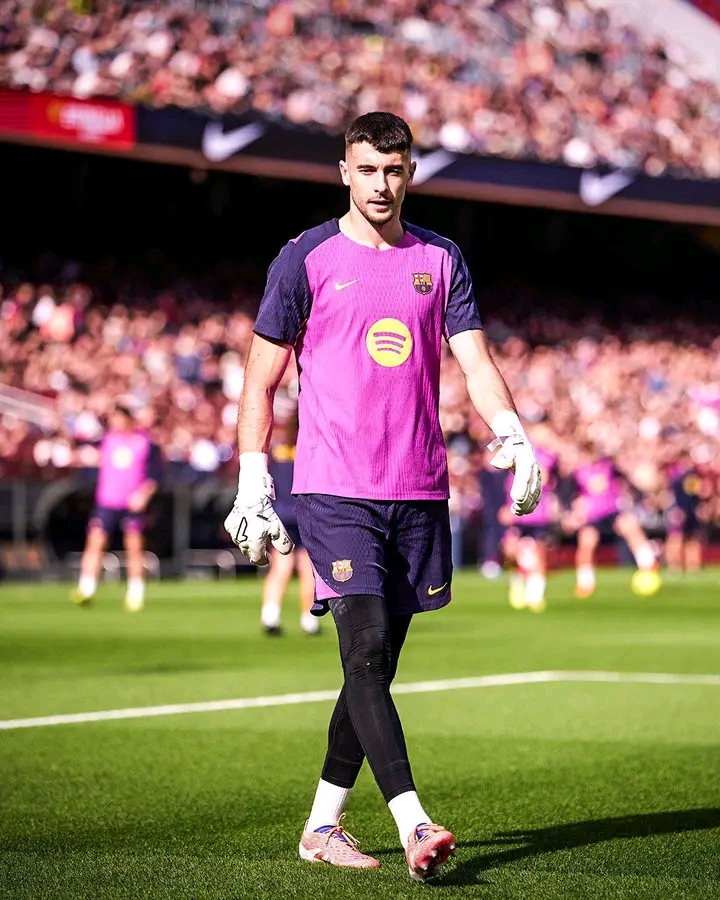The Finish Line and the Hidden Toll
In the cooling dawn air of Iten high in Kenya’s Rift Valley elite runners lace up and head out onto the dusty roads. For many this is the promised path to something better—prizes international fame perhaps a way out of a life lived on the margins. But alongside the rhythm of footsteps lies a harsher truth: in a country where running can transform destinies the pressure to win has become a risk.
When the Flag Weighs as Much as the Medal
The East African nation of Kenya has long been synonymous with long-distance greatness. But now its track record is under pressure. The World Anti-Doping Agency (WADA) formally declared the Anti-Doping Agency of Kenya (ADAK) non-compliant with global anti-doping standards on 11 September 2025 following an audit that found serious gaps.
ADAK was given only 21 days to fix the flagged deficiencies or face sanctions that could include suspension of Kenya’s flag from major competitions. Meanwhile Kenya’s athletes continued to be caught: the Ruth Chepngetich case stands out—a world-record-holding Kenyan marathoner provisionally suspended for using a banned diuretic and masking agent.
“We’re All Trying to Survive”
More than just a story of elite sport this is a story of economics and social mobility. For many Kenyan runners the stakes are immense: a single race win can mean the difference between making ends meet and pulling a family out of poverty. WADA Director-General Olivier Niggli emphasised this when he noted:
“Kenya is complicated … the temptation is very high meaning we have to be even more vigilant.”
The Lure and the Risk
From KSh 70 to KSh 80 per kilogram of vegetables from matatu fares creeping upwards budgets are tightening for ordinary Kenyans. The same tension exists for athletes: the potential reward from winning is huge the risk of taking shortcuts is real.
In a country that has produced hundreds of world-class runners over 140 Kenyan athletes have faced doping sanctions since 2017. The pressure can come from coaches sponsors and the athlete’s own household. A failed test not only costs a medal it can wipe out both earnings and reputation.
Governance Reform and the Battle for Trust
Following the WADA ultimatum Kenya’s President William Ruto gave a public directive:
“We will reorganise ADAK properly and inject professionalism.”
Sports Cabinet Secretary Salim Mvurya reported that 30 of the 35 issues raised by WADA had been addressed and a corrective action plan was submitted. The government has pledged to ring-fence funding for ADAK and strengthen its technical capacity.
Still the trust deficit remains. For many inside Kenya’s athletic ecosystem it’s not just about catching cheats it’s about rebuilding confidence that the system values clean performance as much as victory.
Where Reckoning Meets Redemption
For a young athlete from a rural training camp the choice can feel stark: push harder and hope the gamble pays off or abide by the rules and risk being passed by. In both scenarios the finish line is the same but the path diverges.
The story of Kenya’s runners is not one of failure alone. It is also the story of resilience heritage and ambition sustained under pressure. The reforms underway are real but so is the risk that if they falter the cost could reach far beyond athletics. The national brand of running excellence is at stake.
Kenya’s fight against doping is a test of integrity and endurance. It is a struggle not just to protect medals but to preserve meaning in the race itself. If the nation can get this right then Kenya’s legacy of endurance and victory will shine not just for its speed but for its strength.



